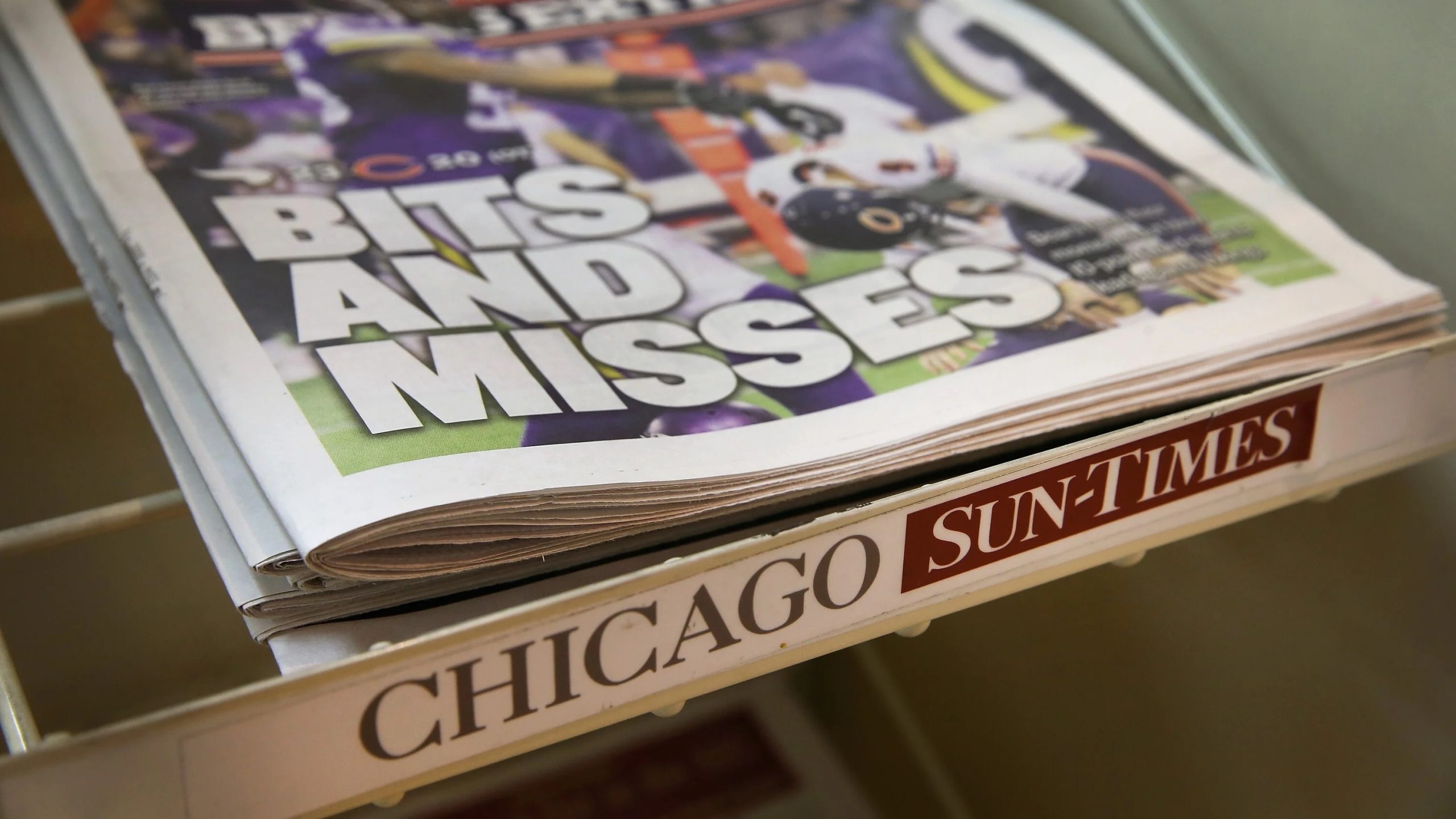The Chicago Sun-Times is under scrutiny after its May 18 issue featured a “Summer Reading List for 2025” containing several fictitious book titles attributed to real authors.
According to The Guardian, there was an article, that appeared in a special supplement titled “Heat Index – Your Guide to the Best of Summer.”
It included fabricated titles such as Hurricane Season by Brit Bennett and Nightshade Market by Min Jin Lee.
These books do not exist and were likely generated by AI, a phenomenon known as “AI hallucination,” where artificial intelligence produces false information.
The controversy began when Book Riot editor Kelly Jensen shared a post on Bluesky expressing disbelief that the Sun-Times would use ChatGPT to create book titles without fact-checking.
Her post quickly gained traction, highlighting concerns about journalistic integrity and the reliability of AI-generated content.
Further investigation revealed that the issue extended beyond the reading list.
Other articles in the same supplement, such as one on summer food trends, cited a non-existent Cornell University food anthropologist named Catherine Furst.
Additionally, a piece on backyard improvement referenced a purported FirepitBase.com editor named Daniel Ray, but no such website exists.
Marco Buscaglia, a freelance writer who contributed to the supplement, admitted to using AI for research but failed to verify the information.
He acknowledged that the inclusion of fabricated content was a mistake and expressed regret for not ensuring the accuracy of the material.
The Sun-Times responded to the backlash by stating that the AI-generated content was not approved by its newsroom.
It also did not constitute editorial material.
The publication emphasized its commitment to journalistic standards and promised to investigate how the inaccurate content was published.
This incident has sparked a broader conversation about the role of AI in journalism.
While AI can be a valuable tool for content creation, the Sun-Times controversy underscores the importance of human oversight and fact-checking to maintain credibility and trust with readers.
News organizations are being urged to establish clear guidelines for the use of AI to prevent the dissemination of false information.
The Chicago Sun-Times, founded in 1941 and currently owned by Chicago Public Media, has long been a significant publication in the city.
The incident has raised questions about the future of journalism in an age where AI is increasingly integrated into content production.
It serves as a reminder of the need for rigorous editorial standards and the irreplaceable value of human judgment in the newsroom.
The incident involving the Chicago Sun-Times publishing a summer reading list with AI-generated fake book titles is part of a broader pattern of AI-related issues in journalism and media.
This phenomenon, often referred to as “AI slop,” has been observed in various contexts, including event listings and news articles.
For instance, in October 2024, a Halloween parade in Dublin was promoted through AI-generated content.
It reportedly led thousands of people to gather for an event that did not exist.
Similarly, promotional materials for a “Willy’s Chocolate Experience” event were found to be based on AI-generated images.
This reportedly misled attendees about the event’s authenticity .
These instances highlight the challenges and risks associated with the increasing use of AI in content creation, particularly in journalism and media.
They underscore the importance of human oversight and fact-checking to ensure the accuracy and credibility of published content.
The Chicago Sun-Times incident serves as a cautionary example of the potential pitfalls of relying on AI-generated content without proper verification and editorial oversight.







